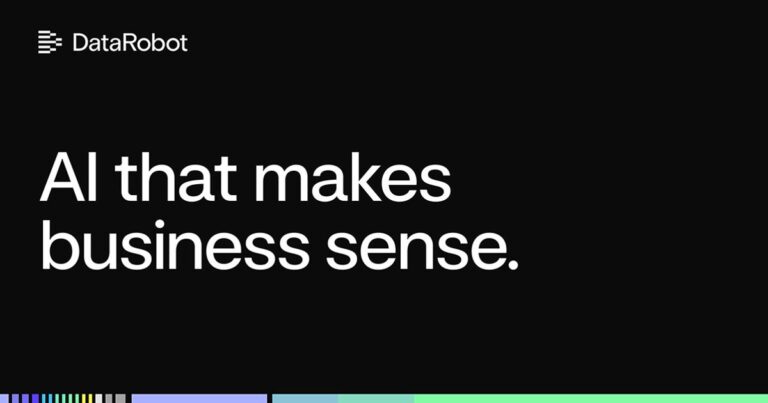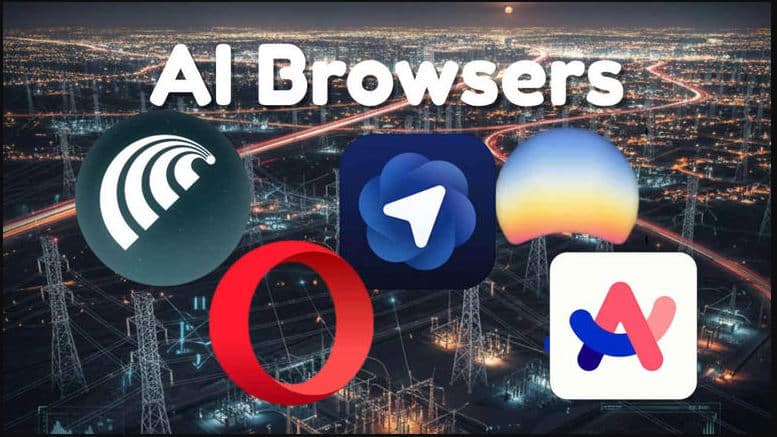The Rise of AI in Legal Contract Reviews: Efficiency, Accuracy, and the Future of Law
In the fast-paced world of modern business, legal contracts are the backbone of agreements, partnerships, and compliance. However, traditional contract review processes are often time-consuming, error-prone, and costly. Enter artificial intelligence (AI), which is revolutionizing how legal professionals analyze and manage contracts. AI-powered contract review tools are transforming the legal industry by automating tasks that once required hours of manual labor, offering unprecedented efficiency, accuracy, and scalability. This article explores the evolution, mechanics, benefits, and challenges of AI in legal contract reviews, while highlighting key tools shaping this innovation.
What Are AI Contract Review Tools?
AI contract review tools are software applications that leverage machine learning (ML) and natural language processing (NLP) to analyze legal documents. These tools can scan, interpret, and extract critical information from contracts, such as key terms, obligations, risks, and compliance requirements. By automating the review process, they reduce the burden on legal teams, enabling them to focus on higher-value tasks.
How AI Contract Review Tools Work
At the core of these tools is natural language processing, which allows AI to understand and parse complex legal language. NLP algorithms are trained on vast datasets of contracts to recognize patterns, identify clauses, and detect anomalies. For instance, an AI system can flag a confidentiality agreement or pinpoint a termination clause in seconds.
Machine learning further enhances these tools by enabling them to "learn" from past reviews. As they process more contracts, they improve their ability to categorize and analyze terms, adapt to industry-specific jargon, and even predict potential risks based on historical data. Some advanced systems use deep learning to continuously refine their accuracy, while others incorporate predictive analytics to assess the likelihood of disputes or non-compliance.
The process typically involves:
- Uploading Contracts: Users input documents into the platform.
- Analysis: AI scans for keywords, clauses, and contextual patterns.
- Highlighting Issues: The tool flags risks, inconsistencies, or deviations from standard templates.
- Generating Summaries: Key terms and obligations are extracted into structured reports.
Benefits of AI in Contract Reviews
- Efficiency and Speed: AI reduces review time from hours to minutes. For example, LawGeex claims its platform can review a non-disclosure agreement in 26 seconds, compared to 90 minutes for a human lawyer.
- Cost Reduction: Automating repetitive tasks lowers legal costs, especially for businesses handling high volumes of contracts.
- Consistency and Accuracy: AI minimizes human error by applying uniform standards across all documents, ensuring consistency in reviews.
- Risk Management: These tools can identify potential risks, such as ambiguous terms or unfavorable conditions, helping organizations mitigate legal exposure.
- Scalability: AI handles thousands of contracts simultaneously, making it ideal for large corporations or law firms managing extensive portfolios.
Challenges and Limitations
While AI offers transformative potential, challenges remain:
- Complexity of Legal Language: Legal texts are dense and context-dependent, requiring sophisticated models to avoid misinterpretation.
- Bias and Accuracy Concerns: AI systems trained on biased data may produce flawed results. Continuous refinement and human oversight are critical.
- Data Privacy and Security: Contracts often contain sensitive information, necessitating robust encryption and compliance with regulations like GDPR.
- Ethical Considerations: Over-reliance on AI could lead to complacency, as nuanced legal judgment and ethical reasoning still require human expertise.
Examples of AI Contract Review Tools
- Kira Systems: A leading platform used by law firms and corporations to extract key terms and analyze clauses. It excels in due diligence and contract categorization.
- LawGeex: Known for its high accuracy in contract review, LawGeex is popular among in-house legal teams for tasks like NDA reviews.
- ContractWorks: Focuses on risk assessment and compliance, offering customizable templates and integrations with document management systems.
- Relativity and LexisNexis: These established legal tech platforms have incorporated AI tools for contract analysis, emphasizing scalability for large organizations.
- Sealed: A newer entrant that uses AI to provide real-time insights and automated clause comparisons.
The Future of AI in Legal Contract Reviews
The future promises even greater integration of AI with emerging technologies. For example, blockchain could enable secure, tamper-proof contract reviews, while generative AI may assist in drafting standardized agreements. As AI models become more advanced, they will likely handle increasingly complex tasks, such as predicting litigation risks or adapting to evolving regulations.
However, the role of legal professionals will remain pivotal. AI is a tool to augment human expertise, not replace it. Lawyers will continue to interpret context, negotiate terms, and provide strategic counsel, while AI streamlines the grunt work.
Conclusion
AI tools for automated legal contract reviews are reshaping the industry by enhancing efficiency, reducing costs, and improving accuracy. While challenges like data privacy and ethical concerns persist, the benefits are undeniable. As adoption grows, legal professionals must balance innovation with caution, ensuring these tools are used responsibly. The future of law is not just about technology—it’s about how humans and AI collaborate to deliver smarter, faster, and more reliable legal outcomes.
For businesses and legal teams, embracing AI in contract reviews isn’t just a trend; it’s a strategic move toward a more agile and informed legal practice. As the technology evolves, its potential to redefine the legal landscape will only expand.







